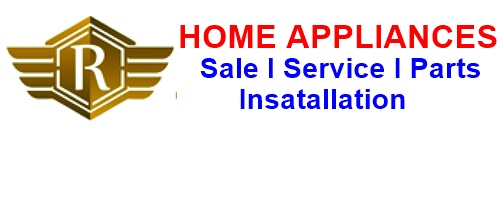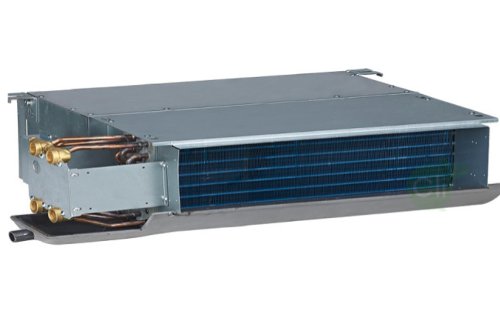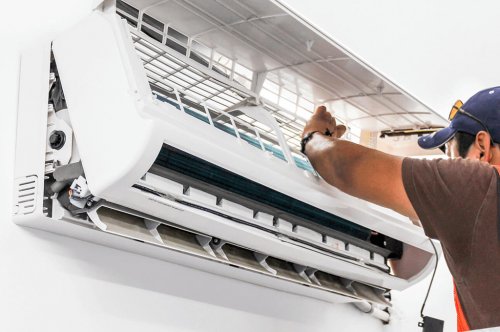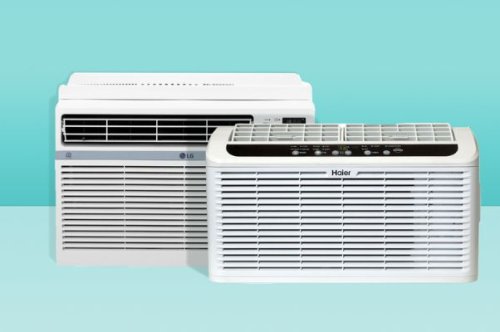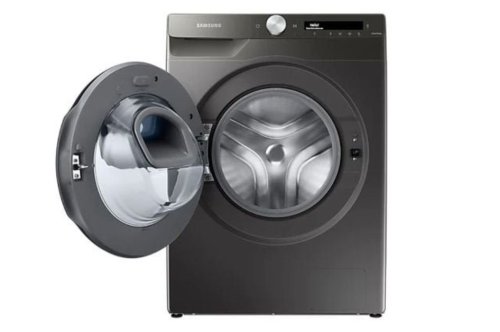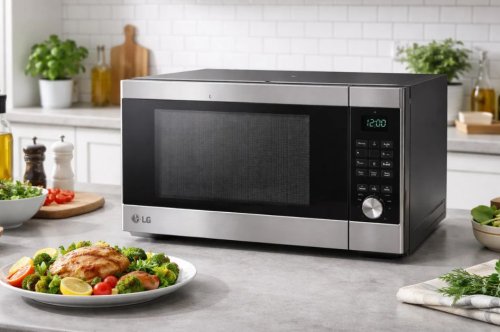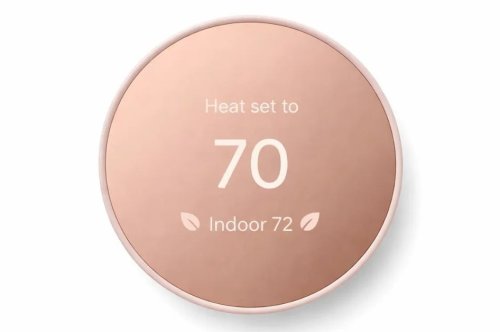How to Keep Your York Fan Coil Unit Running Efficiently in 2026?

Keeping your York Fan Coil Unit in peak condition ensures that your indoor environment stays comfortable, your energy bills remain low, & your system lasts longer. As we move into 2026, advancements in HVAC systems are making maintenance even more critical. Regular care not only improves efficiency but also aids in avoiding costly repairs. Here’s a detailed guide on how to keep your fan coil unit running smoothly throughout the year.
Regular Filter Cleaning and Replacement
The filters on a fan coil unit are often the easiest, but most important component to keep clean. As your filters clog, dust and other particles accumulate, restricting airflow & forcing your system to work harder.
Tips for maintaining filters:
- Check filters monthly, particularly during peak usage months.
- Reusable filters can be cleaned with mild soap and water, then air-dried before reuse.
- Change your disposable filter every 2–3 months, or as directed by the manufacturer.
It also provides a fresh, clean aroma, and people breathe much better air without allergens and particles in their homes.
Keep the Coils Clean
The coil is the site of its heating or cooling. As dirt accumulates, the system becomes less efficient because it is more difficult for heat to transfer. This can force the fan coil unit to operate beyond its capacity, resulting in higher energy costs and mechanical problems.
Steps to maintain coil performance:
- Disconnect the appliance before cleaning.
- Dust and debris, Dust and patina2.
- If the system is foul, grease can be cleaned with a coil cleaner designed for HVAC systems.
- To prevent mold growth, the condensate tray should drain properly.
Cleaning the coil (or coils) periodically — at least once or twice a year — can really make a difference in performance.
Examine and Wash Out the Drain Pan and Lines
As fan coil units cool, they produce condensation that collects in the drain pan and drains through a drain line. But if these components become obstructed or soiled, water can back up, causing leaks, mold, or foul odors.
To prevent this:
- Regularly inspect the unit's drain pan for standing water or debris.
- It can be cleaned with a wet-dry vacuum or mild detergent.
- Clear the drain line with an occasional mix of warm water and vinegar to keep things flowing.
This will help keep your unit efficient and the indoor air quality clean,” Snyder says.
Check Fan and Motor Operation
The fan with the motor is for air draft. If one fails, you’ll experience poor airflow or odd noises. Failing to maintain this could result in reduced comfort and increased repair costs.
Maintenance tips:
- Look for grinding, squeaking, and banging that may be signs of motor or bearing trouble.
- If your unit is constructed to permit it, lubricate moving parts once a year.
- Make sure the fan blades are clean and dust-free.
Replacement room air conditioners can last over 10 years if installed correctly.
Monitor the Thermostat Settings
If your thermostat is broken or not correctly calibrated, it can put unnecessary stress on your equipment. To keep things as efficient as possible, ensure your thermostat is working properly and set correctly for your comfort.
Best practices:
- Maintain a single, even temperature by leaving the thermostat at a moderate setting.
- Consider purchasing a programmable or smart thermostat so you don't have to manually adjust it.
- Please do not use too many manual changes; it will only create unnecessary system cycling.
The better adjusted a thermostat is, the less you’ll spend on your monthly heating bill.
Schedule Professional Maintenance
Periodic do-it-yourself maintenance is essential, but regular professional servicing once or twice a year is critical as well. HVAC professionals can spot problems you can’t, such as refrigerant leaks, electrical issues, and airflow issues caused by blockages.
During professional maintenance, technicians usually:
- Check electrical parts and fasten connections.
- Verify refrigerant levels and add if needed.
- Efficient test system – modify as appropriate.
- Suggest replacements before problems have any significant impact.
By taking these preventive measures, you add years to your unit's life.
Improve Room Air Circulation
Having ideal airflow in your space is essential for the effective functioning of your unit. Inadequate airflow can lead to immersion in hot or cold air, which can strain the system.
To enhance airflow:
- Do not block vents and grilles with furniture or curtains.
- Vacuum the air vents frequently to remove dust.
- Utilize ceiling fans to help circulate air more evenly in the room.
Better airflow means less stress on your system and cooler, more balanced settings.
Stay Updated with Technology
New York Fan Coil Unit models utilize cutting-edge technology, including variable-speed fans, digital controls, and energy-monitoring capabilities. If your unit is a few years old, an upgrade or retrofit with newer components can further boost efficiency.
Smart thermostats or sensors can also be included to automatically control the performance based on room occupancy, temperature, and humidity. These are the types of upgrades that can save on utility costs and increase comfort.
Keep a Maintenance Log
This way, you save time and never miss an oil change appointment. Keep track of filter changes, coil cleanings, and technician visits. The past can often help pinpoint trends or cycles, particularly when struggling with a professional.
In Conclusion
Regular maintenance, timely servicing, and minor upgrades can make a big difference in keeping your fan coil unit efficient throughout 2026 and beyond. Whether it’s cleaning filters, inspecting coils, or scheduling professional checks, every step adds to performance and energy savings.
For reliable servicing and expert maintenance support, Al Rayan Services Ltd offers professional care and repair solutions to keep your HVAC systems running at their best year-round.
